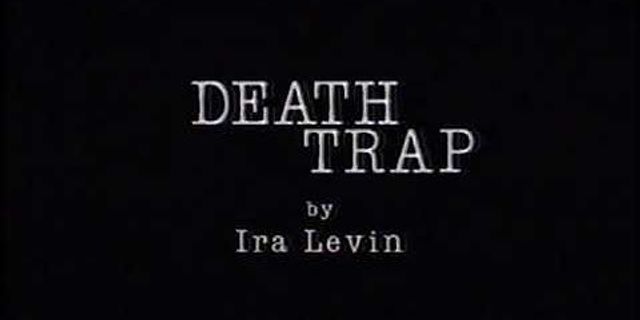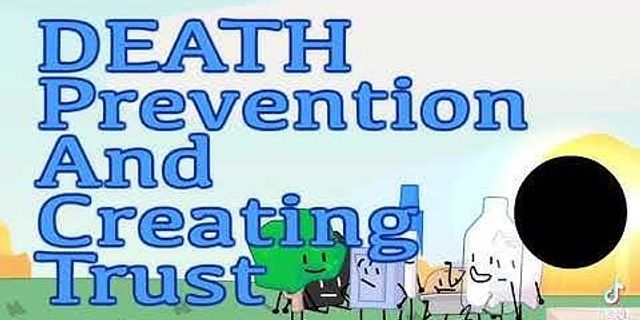Arrhythmia, also known as abnormal heart rhythm or irregular heartbeat, is the most common cause for sudden cardiac arrest. Our specialist from the Department of Cardiology at National Heart Centre Singapore (NHCS) explains. Show How arrhythmia (irregular heartbeat) can cause sudden deathWhen something goes wrong with the ‘electric circuitry’ of the heart, it can cause the heartbeat to be irregular, fast or slow. Ventricular fibrillation, an arrhythmia (irregular heartbeat) which causes the lower chambers of the heart to beat too fast, is the most common cause of sudden cardiac arrest. During ventricular fibrillation, the heart rate can be as fast as 400-500 beats per minute, compared to the normal 60-100 beats. The heart’s lower chambers, which pump blood and oxygen to the body, do not effectively pump blood out of the heart. As a result, insufficient blood is delivered to the brain and the person loses consciousness. A ventricular fibrillation is a medical emergency and the victim is likely to die within minutes without treatment. Even if the victim survives, there is a high chance of brain damage leading to poor quality of life. “An extremely slow heart rate can cause sudden cardiac death but it is usually not drastic and sudden, and presents with prior symptoms of giddiness or fainting,” explains Clinical Associate Professor Ching Chi Keong, Senior Consultant, Department of Cardiology and Director, Electrophysiology and Pacing, National Heart Centre Singapore (NHCS), a member of the SingHealth group. Other heart conditions caused by arrhythmia (irregular heartbeat)Often, a life-threatening arrhythmia is linked to a heart condition such as:
See page 1 to learn the difference between a sudden cardiac arrest and heart attack, and what puts you at risk of sudden cardiac arrest. Ref: R14 Check out other articles on heart health: Sudden Cardiac Arrest: Early Symptoms, Treatment and Tips How to Survive a Heart Attack When Alone Tips for a Healthy Heart Sudden Chest Pains You Shouldn't Ignore Heart Palpitations: When Are They Serious? How a Viral Infection Can Affect the Heart How Plaque Buildup Can Lead to a Heart Attack  Cardiac arrest may be caused by almost any known heart condition. Most cardiac arrests occur when a diseased heart’s electrical system malfunctions. This malfunction causes an abnormal heart rhythm such as ventricular tachycardia or ventricular fibrillation. Some cardiac arrests are also caused by extreme slowing of the heart’s rhythm (bradycardia). Irregular heartbeats such as these are life threatening. Other causes of cardiac arrest include:
Written by American Heart Association editorial staff and reviewed by science and medicine advisers. See our editorial policies and staff. What rhythm causes sudden cardiac death?The most common heart rhythm at the time of cardiac arrest is an arrhythmia in a lower chamber of your heart (ventricle). Rapid, erratic electrical impulses cause your ventricles to quiver uselessly instead of pumping blood (ventricle fibrillation).
What are the common causes of sudden death?Sudden cardiac death is often caused by faulty electrical signaling in the heart. A very fast heartbeat causes the lower heart chambers (ventricles) to quiver uselessly instead of pumping blood. This irregular heart rhythm is called ventricular fibrillation.
|




















